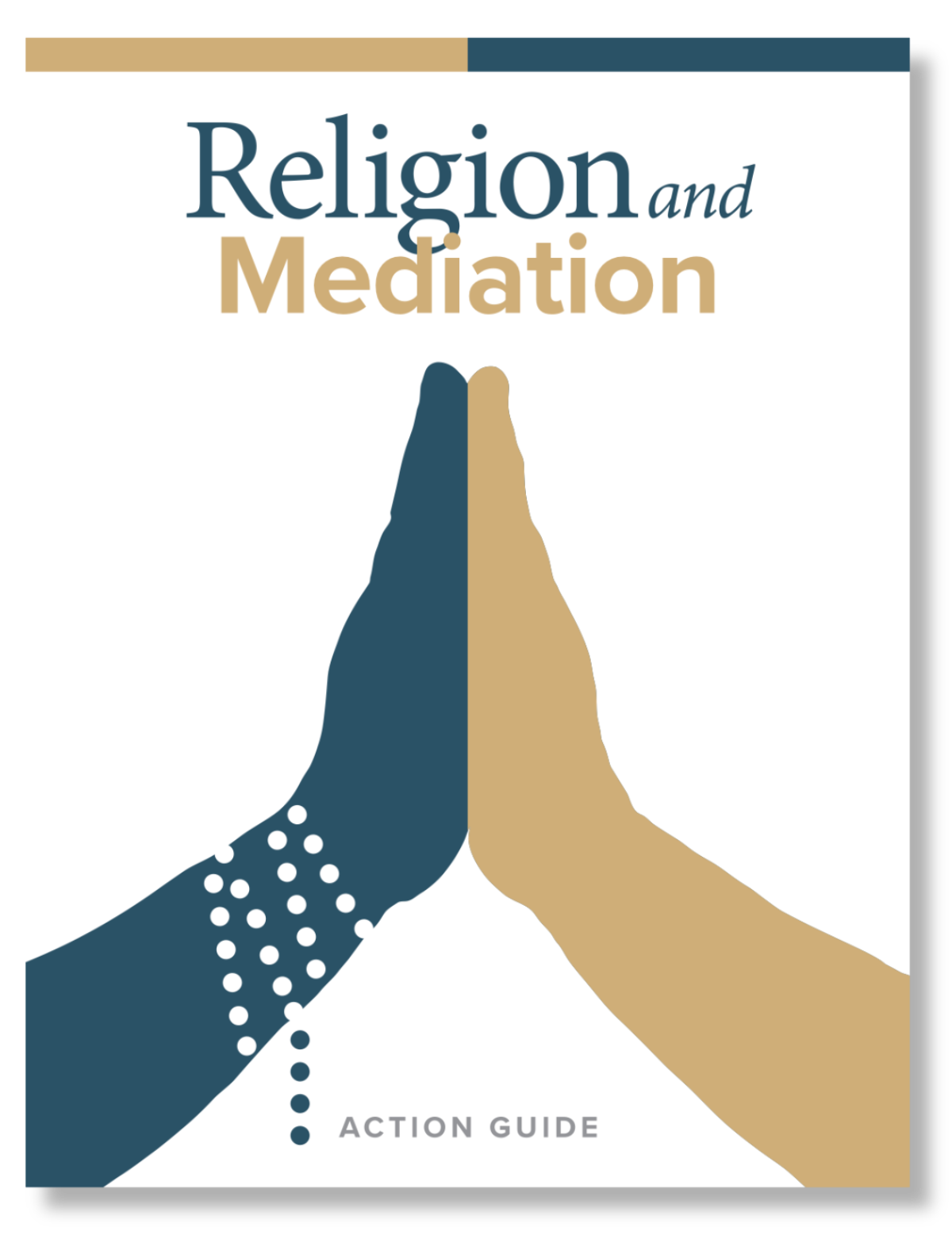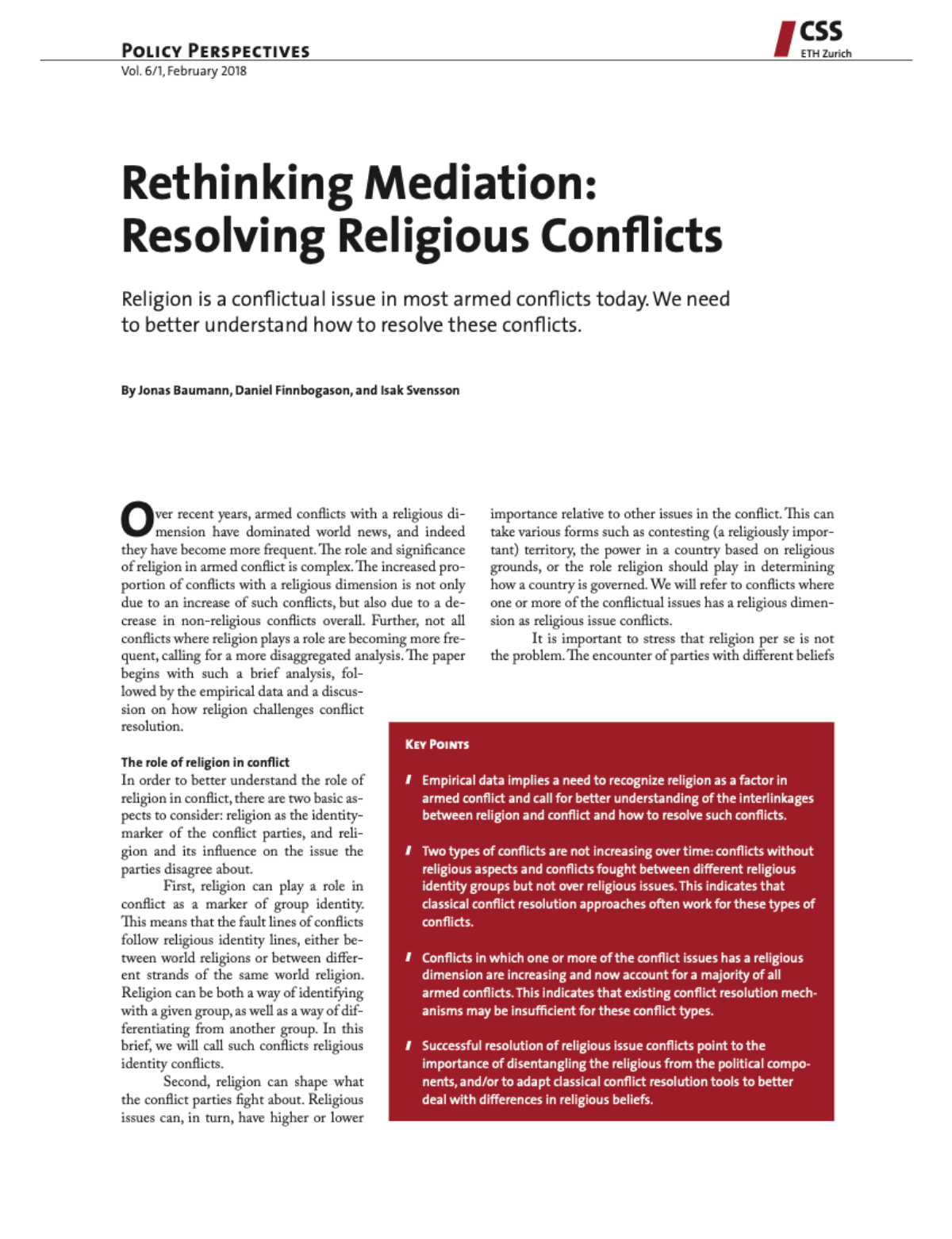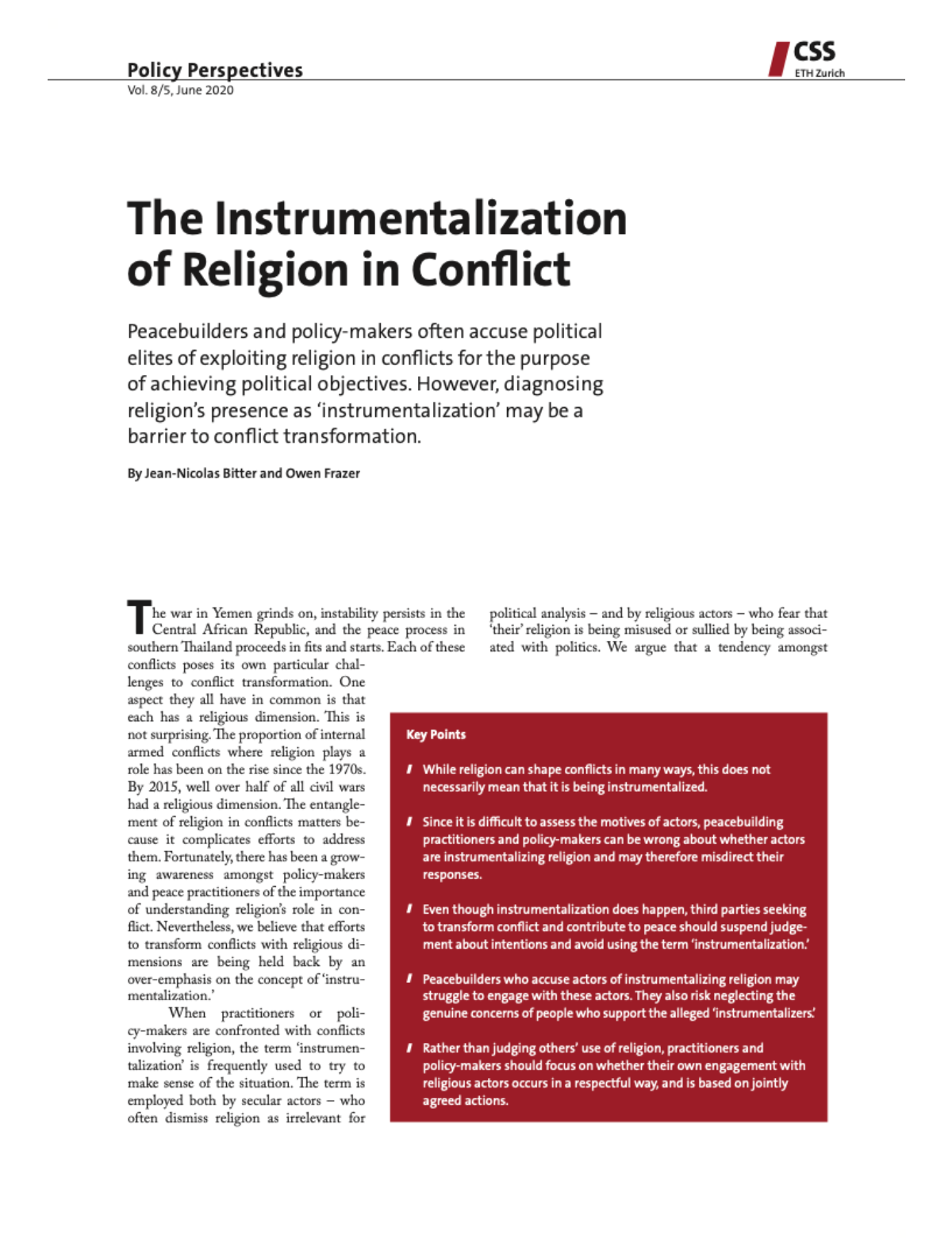Advancing Peace Mediation
Since its inception in 2013, the Network for Religious and Traditional peacemakers has joined forces with the United Nations and many other institutions and non-governmental organizations operating in the field of peace mediation to empower local peacemakers and their respective communities. Peace mediation is defined here as a process whereby a third party assists two or more parties, with their consent, to prevent, manage or resolve a conflict.’ The term peace mediation comprises the entire structured process of supporting negotiations, from initial contact between mediators and conflict parties to ceasefire negotiations and the implementation of peace agreements. Mediation is thus an instrument that can be used throughout the whole conflict cycle.
Tradition and Faith-Oriented Insider Mediators
Tradition and faith-oriented insider mediators (TFIMs) are defined as, ‘a specific subset of insider mediators who take an assortment of concepts, values and practices from tradition and faith (among other sources) as inspiration, motivation, guidance and as methodological support for their peace mediation efforts.’

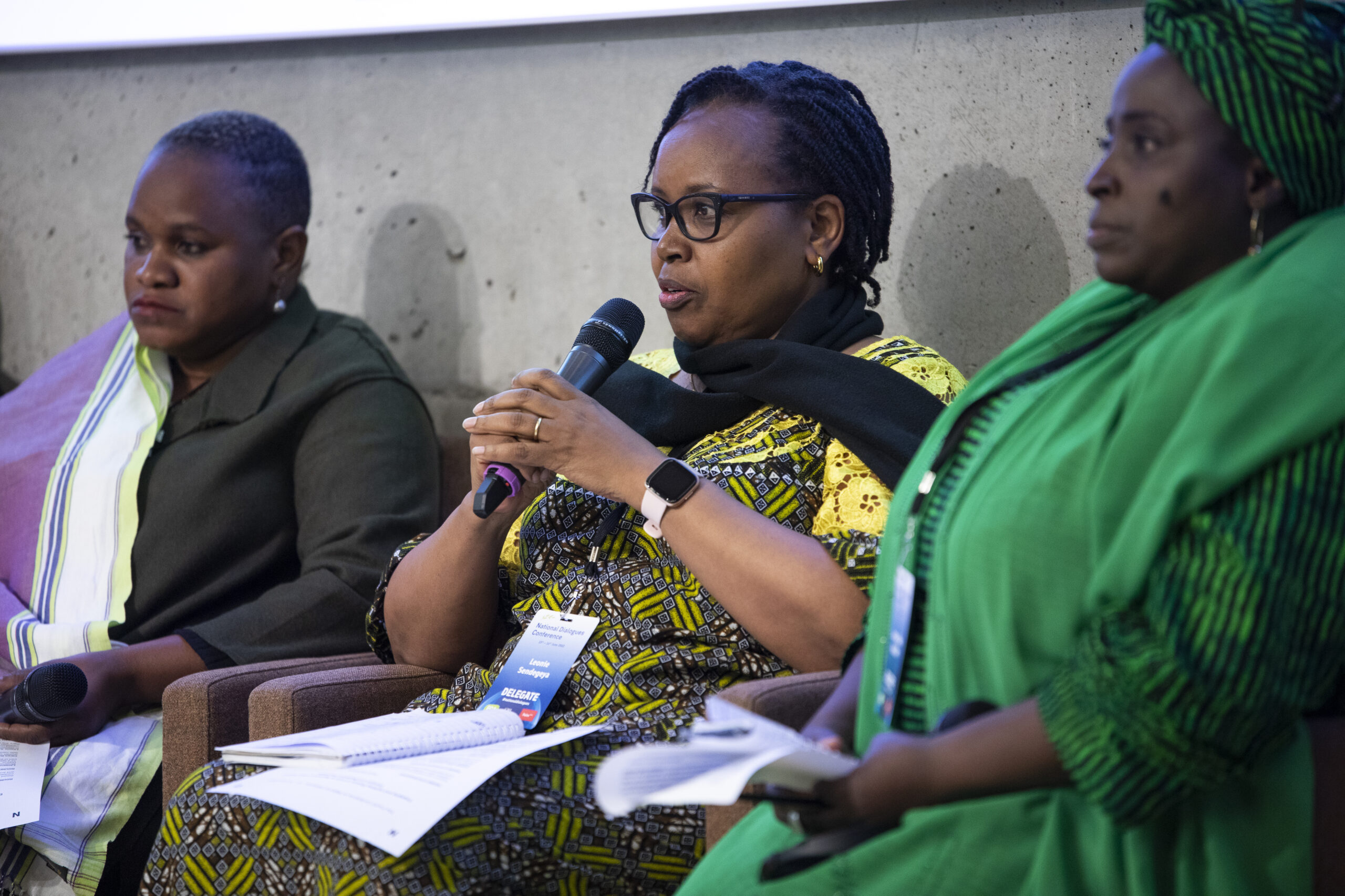
Women Faith-Based Mediators panel at the National Dialogues Conference in Helsinki, Finland, 2022. Photo by Maria Santto.
Women Faith-Based Mediators
Women faith-based mediators and negotiators (WFBMs) are defined as those, ‘who are working on various tracks for ceasing violence and finding agreements in order to prevent and mitigate violence. In doing this work, their tools and methods are inspired by faith, and/or they are cooperating within or with faith-based structures and/or with faith-based actors, and/or are gaining motivation and inspiration for this work through faith.’
Youth Faith-Based Mediators
Youth faith-based mediators (YFBMs) are young mediators in all of their diversity between the age of 18 and 35, who are working to prevent and mitigate violence through values and tools inspired by faith or who are working with faith-based institutions or initiatives.
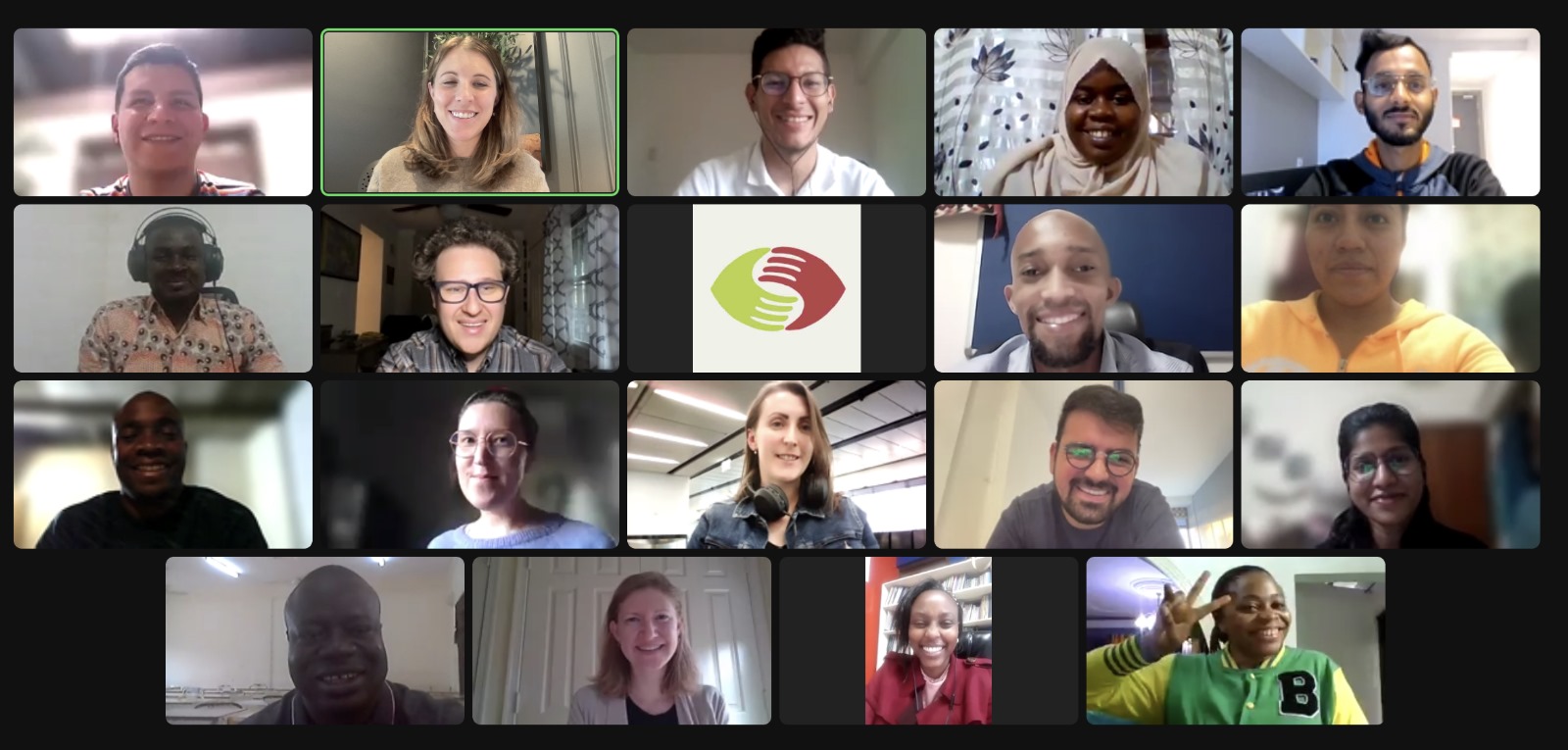
Member Resources on Mediation
USIP Religion and Mediation Action Guide
ETH Zurich CSS Rethinking Mediation: Resolving Religious Conflict
The Instumentalization of Religion in Conflict
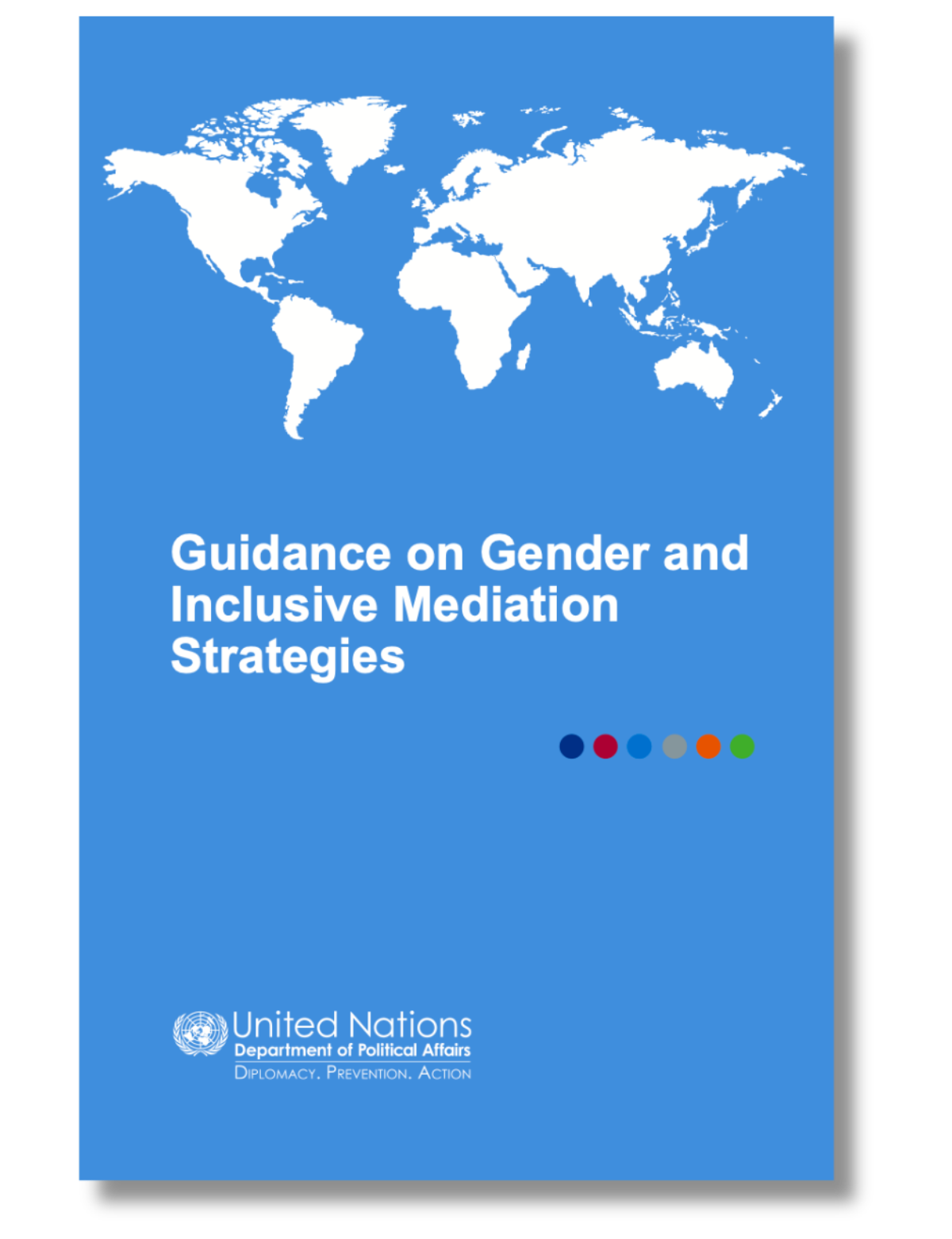
Guidance on Gender and Inclusive Mediation Strategies
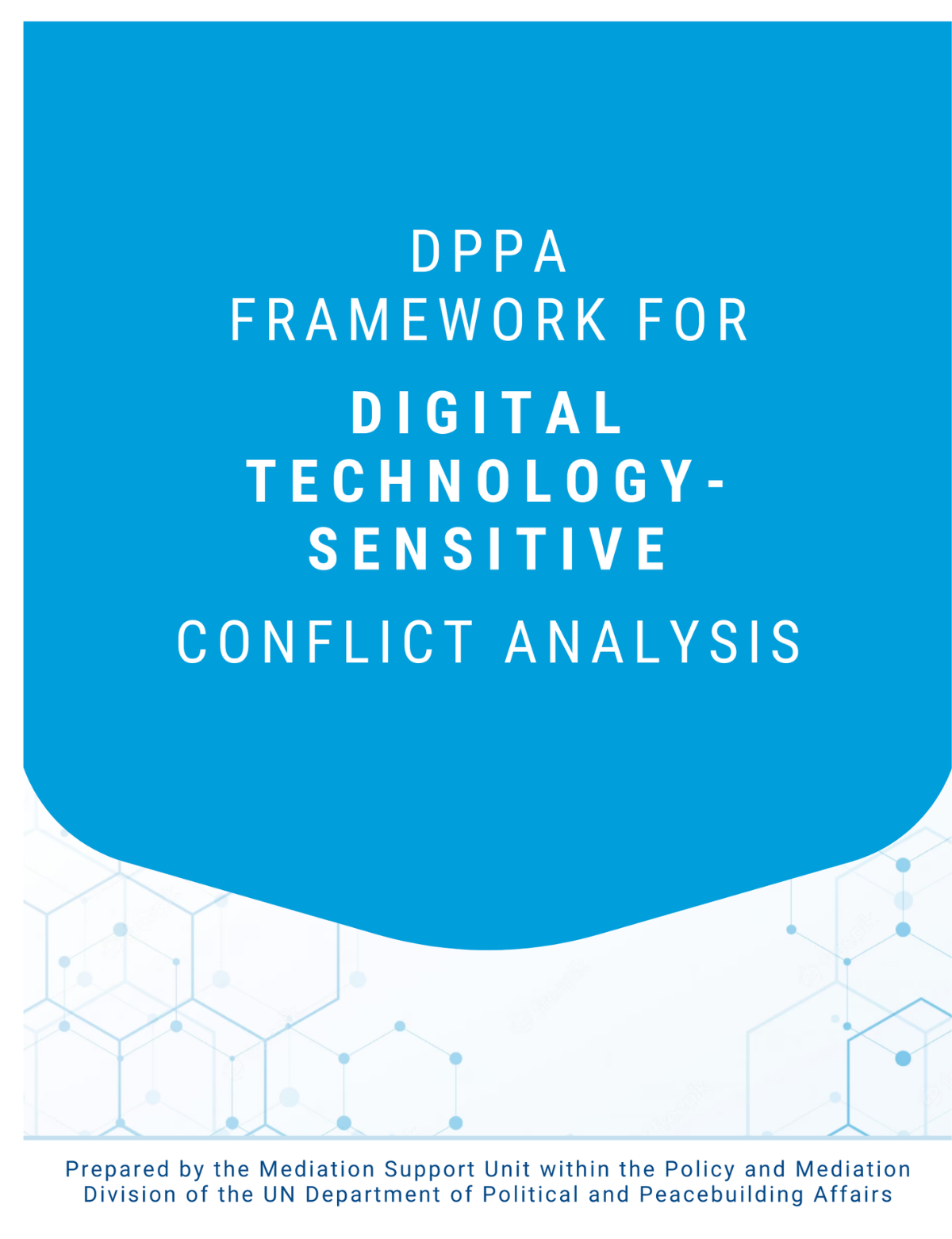
Framework for Digital Technology-Sensitive Conflict Analysis

